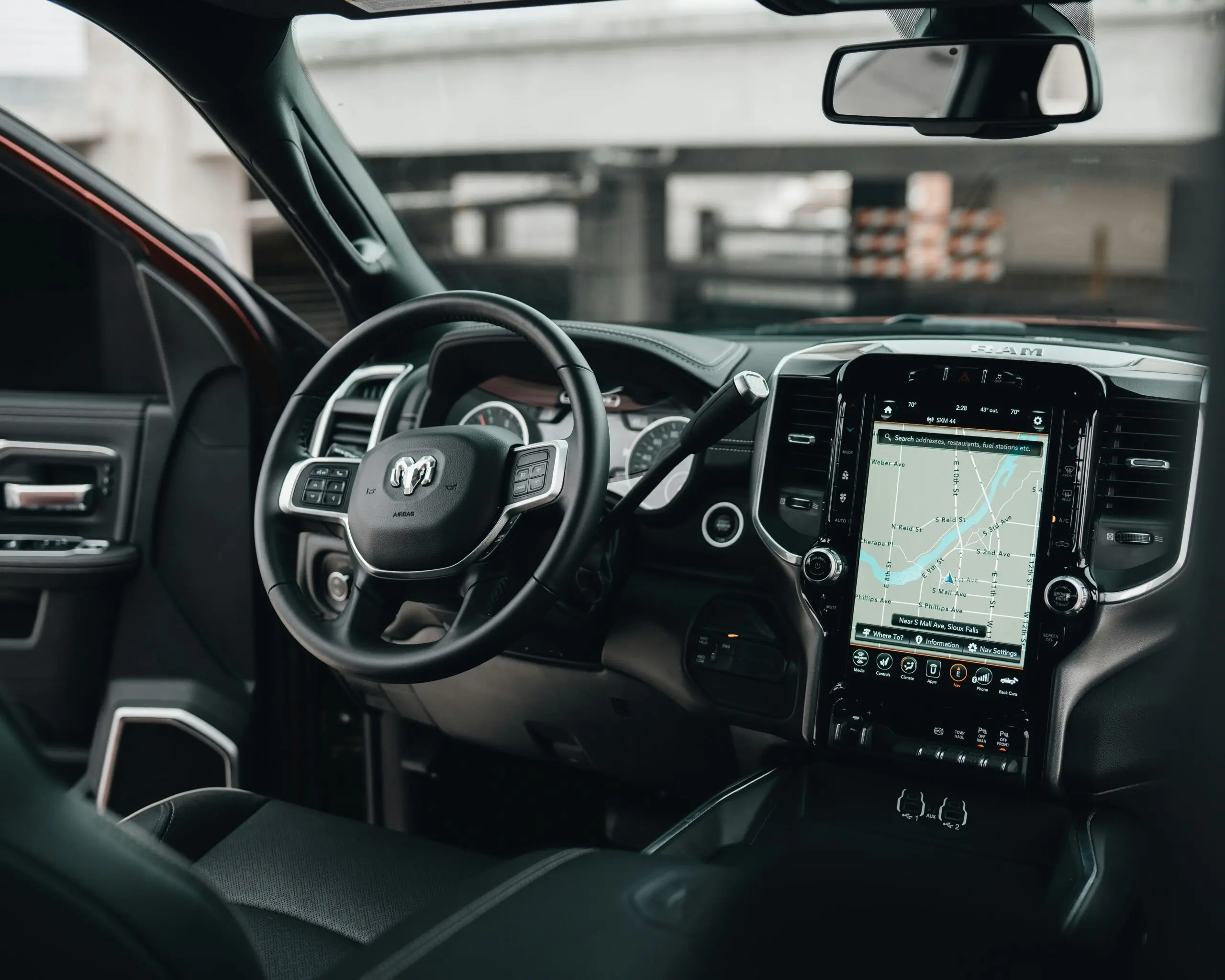With an agreed value car insurance policy, your total-loss payout is based on the value agreed upon by you and your insurer at the start of your policy rather than your car’s actual cash value. It’s a great option if you own a classic, custom, or otherwise high-value car.
How agreed value car insurance works
Your agreed value policy will usually begin with a vehicle appraisal, statement of value, and/or other documentation to prove your car’s value. Through this process, you and your car insurance company agree on the amount they will cover the car for in the event of a total loss.
Once your agreed value is set, it is not affected by depreciation—if you file a claim for a covered loss, you’re entitled to a payout up to the full “agreed value” of your car. For instance, if you purchase a policy with an agreed amount of $50,000 for your classic car, and it is destroyed in a flood, you will receive a $50,000 payout, minus any deductibles.
Do you need an agreed value policy?
Most drivers do not need an agreed value policy. Agreed-value policies are meant to protect high-value vehicles, and they’re not available for every car.
That being said, check out the pros and cons of agreed value insurance:
- Pros of agreed value car insurance
- Beneficial for owners of expensive, modified, classic, or antique vehicles
- Can cover your vehicle for a lot of money
- You don’t have to worry about depreciation
- Cons of agreed value car insurance
- Only covers specific makes and models
- Only covers low-mileage vehicles (not daily drivers)
- Only covers you if you can guarantee vehicle parking in a private and secure location, like a garage
- High premiums
- Can be difficult to find a car insurance company that offers it
If you’d prefer to simply keep your rates low and your vehicle decently protected, you may be better served by a stated-value car insurance policy, which covers the stated value of the car or the actual cash value (ACV).
Agreed value car insurance vs. stated value car insurance
While stated value insurance shares similarities with agreed value insurance, these policies differ in how the vehicle’s value is determined.
| Agreed value insurance | Stated value insurance |
|---|---|
| Establishes the maximum pay-out amount based on the agreed-upon value of your car. Any claims filed ensure reimbursement up to the full amount. | Covers either the car’s “stated” or actual cash value (ACV)—whichever is less. The stated amount is what you say your car is worth at the time you take out the policy. |
The main difference is that a stated value policy does not ensure a maximum payout. If the stated value of your car exceeds its market value, you may end up receiving a payout for your car’s ACV rather than its stated value in the event of a claim.
Of the two, agreed value insurance offers a higher level of protection—making it a safer bet for high-value and collector vehicles.
A standard insurance policy will reimburse you for your vehicle’s actual cash value. The actual cash value of your car refers to the value of your car plus depreciation.
The best car insurance companies for agreed value car insurance
Most car insurance companies that offer agreed-value policies are specialized providers, such as American Collectors, American Modern, Grundy, Hagerty, and Heacock Classic Insurance.
However, big car insurance companies, including Safeco, State Farm, and GEICO, also sell agreed value car insurance policies. If a car insurance company offers classic car insurance, they probably sell agreed value car insurance.
Some larger companies also partner with specialized providers, such as Hagerty, which allows you access to different types of coverage, including agreed value car insurance.
The cost of an agreed value car insurance policy
An agreed value insurance policy typically costs more than a standard policy. This is because the payout in agreed-value policies is not affected by factors like the age or depreciation of the vehicle. Instead, the coverage is determined based on the mutually agreed-upon value of the car.
In other words, agreed value insurance premiums are more expensive because they cost insurance companies more money.
Given the potential cost implications, it’s worthwhile to take the time to shop for quotes.
How to get agreed value coverage
To get agreed value coverage, follow these steps
- Identify some insurance companies that offer agreed value coverage and ask for quotes.
- Compare the quotes and coverage options from the insurance companies you approached.
- Apply for the policy that is the best fit for you.
- Gather any documentation or photos that your car insurance provider requires and submit them.
- Pay for your coverage.
FAQ
-
Is agreed value coverage expensive?
-
What is an agreed value car insurance policy used for?
-
Are agreed value and guaranteed value the same thing?
-
Does agreed value insurance have a deductible?
-
Is agreed value the same as replacement cost?

Hillary Kobayashi is an insurance writer and editor specializing in insurance and finance topics. Hillary’s mission is to use her knowledge and love of education to help car owners better understand how they can save time and money on car ownership. The articles Hillary has published for Jerry span topics from state-specific bill of sale requirements to SR-22 insurance information. Prior to joining Jerry, Hillary spent over ten years in education at Pacific University and the University of Oregon.

Sarah Gray is an insurance writer with nearly a decade of experience in publishing and writing. Sarah specializes in writing articles that educate car owners and buyers on the full scope of car ownership—from shopping for and buying a new car to scrapping one that’s breathed its last and everything in between. Sarah has authored over 1,500 articles for Jerry on topics ranging from first-time buyer programs to how to get a salvage title for a totaled car. Prior to joining Jerry, Sarah was a full-time professor of English literature and composition with multiple academic writing publications.






